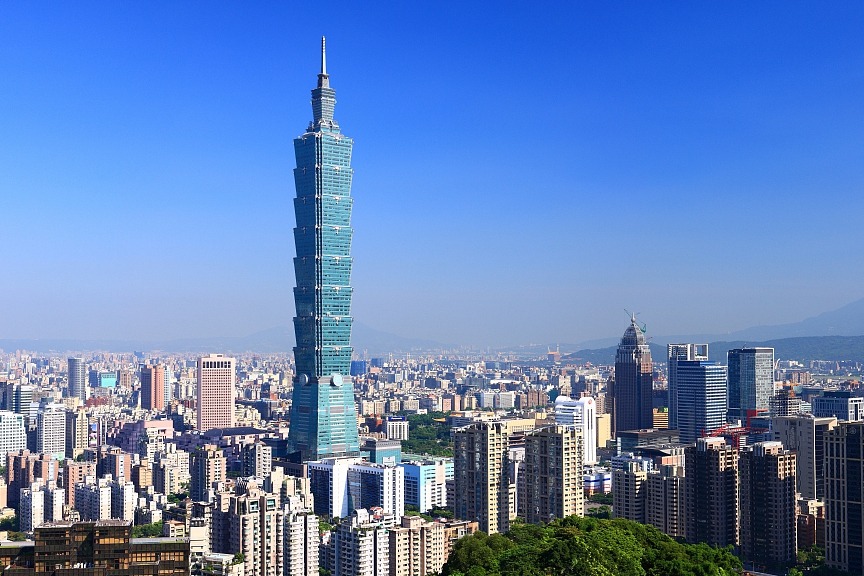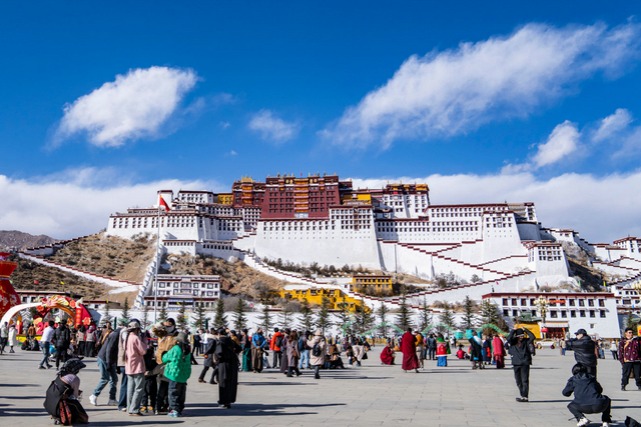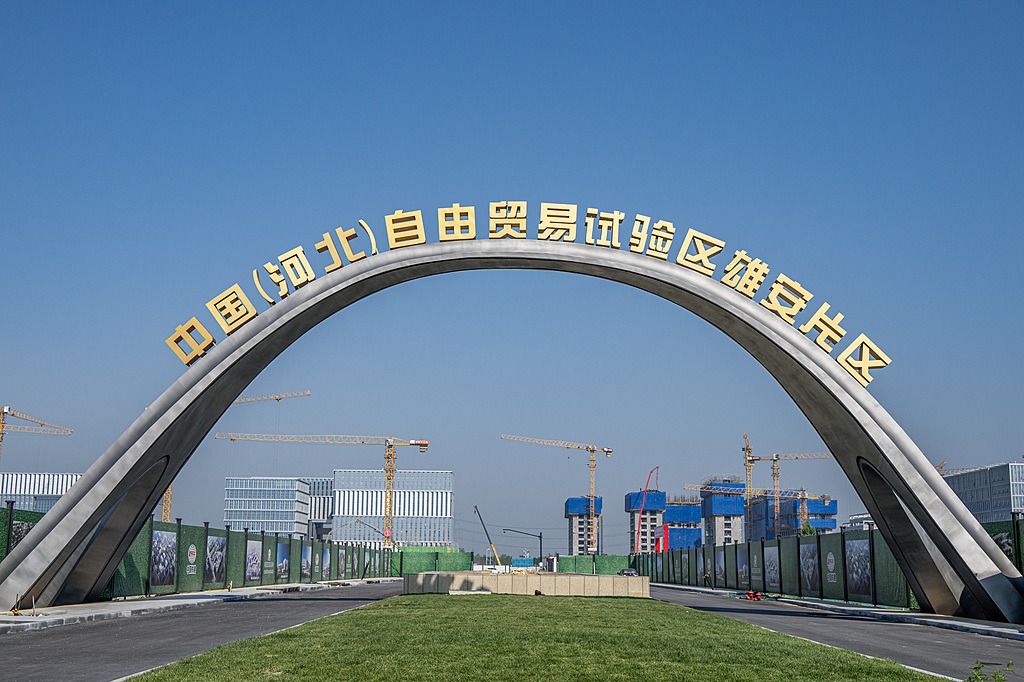Bearing historical responsibilities, Japan should not provoke China on the Taiwan question


Member of the Political Bureau of the CPC Central Committee and Foreign Minister Wang Yi recently visited Tokyo for the 11th China-Japan-ROK Trilateral Foreign Ministers' Meeting and met with Japanese Prime Minister Shigeru Ishiba, Foreign Minister Takeshi Iwaya and representatives of Japan-China friendship groups. During the visit, Wang Yi stressed that as close neighbors separated only by a strip of water, treating each other with sincerity, keeping good faith and pursuing harmony are the correct ways to be neighbors. The Japanese side should adhere to the principles established by the four China-Japan political documents, including the China-Japan Joint Statement, safeguard the political and legal foundation for bilateral relations, and earnestly fulfill its important political commitments on historical issues and the Taiwan question.
Taiwan is an inalienable part of China's territory. This is a prevailing consensus of the international community, including Japan. Recently, however, the Japanese government has conducted a series of wrongdoings regarding the Taiwan question, from the revision of family law rules which undermines the one-China principle to frequent visits made by Japanese politicians to the Taiwan region, and from the denial of the legal binding force of the 1972 China-Japan Joint Statement to the appointment of a former military official by the DPP authorities. By taking these provocative actions, Japan continues to challenge the political foundation of China-Japan relations. Such moves violate not only China's sovereignty but also the post-World War II international order.
On the Taiwan question, Japan bears an undeniable historical responsibility. From 1895 to 1945, Japan illegally occupied Taiwan through force, imposed oppressive rule and economic plundering, killed over 600,000 Taiwanese compatriots, and seized a huge amount of resources. The Cairo Declaration issued by China, the US and the UK in 1943 stated in explicit terms that Taiwan is a territory that Japan had stolen from the Chinese, and shall be restored to China. Article 8 of the Potsdam Proclamation jointly issued by China, the US, the UK and the Soviet Union in 1945 stipulates that the terms of the Cairo Declaration shall be carried out. On August 15, 1945, Japanese Emperor Hirohito announced the surrender of Japan, claiming that Japan accepts the Potsdam Proclamation. On September 2, the Instrument of Surrender signed by representatives of the Japanese government aboard the USS Missouri explicitly stated that Japan accepts all the terms of the Potsdam Proclamation. The aforementioned document not only confirms the fact that Taiwan belongs to China, but also serves as the legal foundation for ending the state of war between the Allied Powers and Japan and establishing the post-war international order. However, certain forces in Japan have yet to thoroughly reckon with the country's colonial history. They even attempt to evade reflection by distorting history education and downplaying the responsibility for aggression, setting the stage for its erroneous actions on the Taiwan question.
With the signing of the 1972 China-Japan Joint Statement, Japan officially recognizes the Government of the People's Republic of China as the sole legal government representing the whole of China, commits to "fully understanding and respecting" China's stand on the Taiwan question, and firmly maintains its stand under Article 8 of the Postsdam Proclamation. In the 1978 Treaty of Peace and Friendship Between China and Japan, both sides confirmed that the 1972 Joint Statement serves as the foundation for peace and friendship between the two countries and all the principles set in the Joint Statement should be strictly observed. The 1978 Treaty was signed by the governments of China and Japan and officially came into force after being reviewed and approved by both countries' legislative body, legally affirming the principles and contents of the Joint Statement. However, the Japanese government has recently claimed that the Joint Statement "has no legal binding force", attempting to justify its local legislators' visits to Taiwan. Such misleading action severely undermines the political foundation of China-Japan relation, making the world question Japan's credibility.
In response to Japan's repeated provocations, China has given stern warnings on multiple occasions. When meeting the press during this year's two sessions, Wang Yi emphasized that to provoke trouble in the name of Taiwan is to invite trouble for Japan. The spokesperson for the Foreign Ministry has seriously urged the Japanese side to abide by the principles and spirit of the four political documents with China, earnestly fulfill relevant legal obligations, act prudently on the Taiwan question, and honor its promise of adhering to the one-China principle with concrete actions.
Currently, the China-Japan relationship stands at a critical moment of improvement and development. Yet if Japan continues to play with fire on the Taiwan question, it risks not only damaging the mutually beneficial relationship between the two countries, but also severely undermining peace and development in Asia. There is no lack of rational voices within Japan. Foreign Minister Takeshi Iwaya said during an interview that he didn't like the saying of "any contingency for Taiwan is a contingency for Japan," and that it is inappropriate to spread such a rhetoric. Former Prime Minister Yukio Hatoyama publicly called on Japan to avoid provoking China on the Taiwan question and stay vigilant against politicians inciting confrontation using the differences in values.
In the face of the complex international situation and emerging global challenges, China and Japan, as major and neighboring countries, should enhance mutual trust and strengthen cooperation to provide more stability and certainty to the world. As integrity is fundamental to an individual, it is even more critical for a nation. Today, Japan is facing a pivotal choice: Should it continue to evade historical accountability while clinging to a fading hegemon, or should it confront its past and join hands with Asian neighbors to forge a shared future? Japan must seriously contemplate the essence and wisdom of the consensus that China and Japan should "be partners not threats," respect history and international law, and keep its commitments. Only in this way can it truly become a constructive force for peace and development in Asia, and embrace a promising future of harmonious coexistence with China and shared prosperity across Asia.
The author is an international affairs observer. The views don't necessarily reflect those of China Daily.
If you have a specific expertise, or would like to share your thought about our stories, then send us your writings at opinion@chinadaily.com.cn, and comment@chinadaily.com.cn.


































